Editorials
– Siasat Rouz criticized the American arrogance and its domination of the world, predicting its fall and same destiny of former Soviet Union
– Afarinsh handled the spread of poverty and the decline of middle class in Iran.
Iranian News Roundup
– Free zone to be established between Ahwaz and Basra
– $19 billion Iran’s exports of oil
– Iran and Vietnam to increase trade ties
– Chie of the Atomic Energy Agency: the biggest parts of sanctions have been repealed
– Rouhani’s special assistant claims an MP
![]()
Afarinesh Newspaper
We will not make poverty a legacy for our society
An editorial in Thursday’s Afarinesh Daily newspaper focuses on the widespread poverty in Iran and its impact on the class structure of Iranian society, asserting that Iran’s economic situation is dire, with the country teetering on the brink of bankruptcy.
Many business owners and entrepreneurs have suffered massive losses and been forced to migrate overseas for work or even been imprisoned over their inability to repay lenders and creditors, the editorial asserts, adding that the worst-hit by this economic decline, as always, are the working class, who have suffered more than any other group, being afflicted by multiple problems as a result, including poverty, which is the most terrible evil afflicting them and the root of the other problems.
The current unprecedented situation has led a number of charities helping the poorest in Iranian society to the verge of closure, with these bodies having insufficient funds to meet the massive needs they face and unable to resolve the overwhelming problems afflicting their beneficiaries. While charities do their utmost to help, they can only mitigate the very worst of the problems, but the poverty remains and the numbers of poor are increasing due to the failure of politicians and businesses in Iran to create employment opportunities and encourage investment in the country.
This situation has resulted in a two-tier society in Iran of a rich minority and a poor majority with the middle class being increasingly eroded as progress and prosperity vanish the editorial concludes, adding that the ongoing, worsening recession is deepening the poverty which is now becoming a defining characteristic of Iran.
It is clear from the editorial’s stance that the writer is in solidarity with the head of the Sharq newspaper’s social issues section, who was recently arrested for publishing articles about social problems in Iranian society; the author diplomatically avoids mentioning the recent legislation behind the journalist’s arrest, which criminalizes the publication of statistics on the social problems facing the country.
Siasat Rouz Newspaper
Reliance on the crumbling wall
An editorial in Siasat Rouz newspaper on Thursday condemns the still widespread view of the United States of America as a dominant global power, which enjoys a supreme position both domestically and globally.
The editorialist points out that the USA has domestic problems and weaknesses, making it more akin to a crumbling wall, which nobody should risk leaning against lest it falls on their head.
The writer states that American leaders always claim that their nation is a melting pot rather than an apartheid state and present it as a model for racial harmony, equality, and coexistence, despite the fact that discrimination against black people and Muslims has been common there since the US’s inception. Statistics show, however, that killings of black people at the hands of American police have dramatically increased under the Obama presidency, the editorialist asserts, adding that massive demonstrations have taken place in a number of US states to condemn this systematic racist killing policy against black people. The editorialist further that there is a growing divide within the US power structure over-privileging white people while oppressing non-whites.
Another point weakening the US domestically is seen in the US election race between Trump and Clinton, the editorial continues, with many in the Republican party itself unhappy at the choice of Donald Trump for their party’s candidate, and some senior Republican leaders, including a former US president announcing their intention to vote for Clinton as a result. Meanwhile, it adds, some Democrats don’t support Clinton.
Thus, the editorial states, the formula of harmony and commitment to national unity in the USA has become vulnerable to collapse, making it likely that the world will witness Americans being split into various factions, causing major weaknesses in the historical balance in the US party system.
The editorial further suggests that a third point weakening American power from the inside is the discrepancy between the White House and the US Congress; although there have been precedents throughout American history, the recent period has seen serious and potentially major divisions, including opposition in Congress to a project sponsored by Obama’s healthcare program, as well as major arguments over a policy to accept new immigrants, legislation for sanctions on Iran, and other legislation to penalize countries supporting terrorism. All of these cases, the editorialist asserts, confirm the divisions in the ruling power structure in the United States.
A fourth point indicating the USA’s domestic divisions is the dispute between the White House and Congress on the performance and impact of affiliated organizations, the editorial continued; while the White House announced its opposition to the failed Turkish coup, there is strong evidence to suggest that the Department of Defense and US intelligence agencies, which are directly affiliated to the American president, were involved.
Another point made by the editorial is that recent events like the violation of the US-Russian-brokered ‘truce’ in Syria suggest (according to the editorialist) that the Pentagon is no longer fully ruled by the US President, to the extent that Vitaly Churkin, Russia’s representative to the United Nations, has said it is uncertain whether the US President or Congress makes the decisions in the United States.
Overall, the editorialist concludes, one can say that despite claims of American domestic unity and harmony, the internal political structure and infrastructure of the USA is increasingly fragile, with its current path moving towards collapse and disintegration. While it’s possible that this will not take place in the near term, in the long term, says the editorialist, the USA will suffer the same fate as the Soviet Union or at least be trapped in a domestic quagmire of challenges and multiple crises, ending US hegemony and the current unipolar global system.
Based on this weakness, many of the US’ traditional allies in Europe are drifting away from their partnership with Washington, which explains the desire of a number of European Union nations to form a joint European army, and even to cancel the Free Trade Agreement with the USA, the editorialist adds.
Many smaller nations who are finding they can no longer rely on the USA are increasingly vulnerable, the editorialist concludes, like someone leaning against the metaphorical crumbling wall.
Mardom Salari Newspaper
The absence of an official responsible for fostering national solidarity
An editorial in Thursday’s Madrom Salari newspaper suggests that the government should appoint an official responsible for fostering solidarity between Iran’s different ethnic communities, to strengthen unity between the various ethnic groups and avoid rivalries, which could weaken Iran’s national infrastructure. It is well known that Iran is composed of six major ethnic groups – Ahwazi Arabs, Kurds, Turks and Balochis, as well as Persians, although there are other smaller minorities too.
The editorial asserts that diminishing feelings of national unity among the various groups are due to the regime’s banning all activities which celebrate non-Persian cultures, adding that the lack of any move by the government to foster a spirit of patriotic unity among the communities which make up Iran is fracturing national solidarity within these communities, which it concludes by warning will pose critical cultural and other risks to Iran in the coming year.
The editorial may be specifically condemning the leadership’s recent banning of concerts in Iranian regions like a recent planned event in Khorasan in northeast Iran; such concerts emphasize Iranian nationalist sentiments and prioritize Persian nationalism through musical works and strongly patriotic anthems glorifying Iran’s imperial history, in addition to celebrating the country’s war with Iraq.
Such events are a relatively recent innovation for the regime, with many Iranians fed up with a stream of religious sermons from the country’s theocratic establishment and increasing levels of atheism, however discreet, especially among the country’s younger generation.
As a result of this trend, the regime’s Ministry of Culture introduced the patriotic concerts over the past three years to promote nationalist sentiments and in an attempt to divert young non-Persian peoples in Iran from their own ethnic nationalism to prevent them from calling for secession. The fundamentalist conservatives in the Islamic Republic, however, strongly oppose these events for failing to promote the Shiite faith. The editorial calls for the leadership to allow these nationalist concerts to take place in regions including the Arab region of Ahwaz, where activism is growing amongst the people, who are calling for separation from Iran.
![]()
♦ Alumni association of al-Shareef Industrial University is closed down
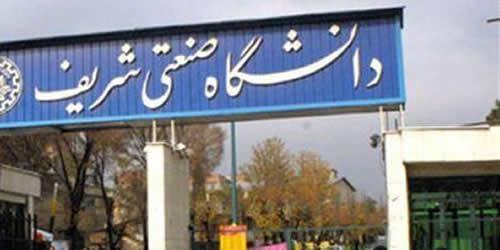
A well-connected source in al-Shareef University said that the Publication of Mariam Rajavi’s picture, the leader in Mujahidi Khalq, in the university yearbook was a mistake, noting that the center that published this version was sealed completely under orders of the university administration. All activities of the university alumni association and copies of the aforementioned yearbook stalled, asserting that a decisive action will be taken against wrongdoers through the legal channels.
Source: Iran Wire Site
♦ Free zone to be established between Ahwaz and Basra
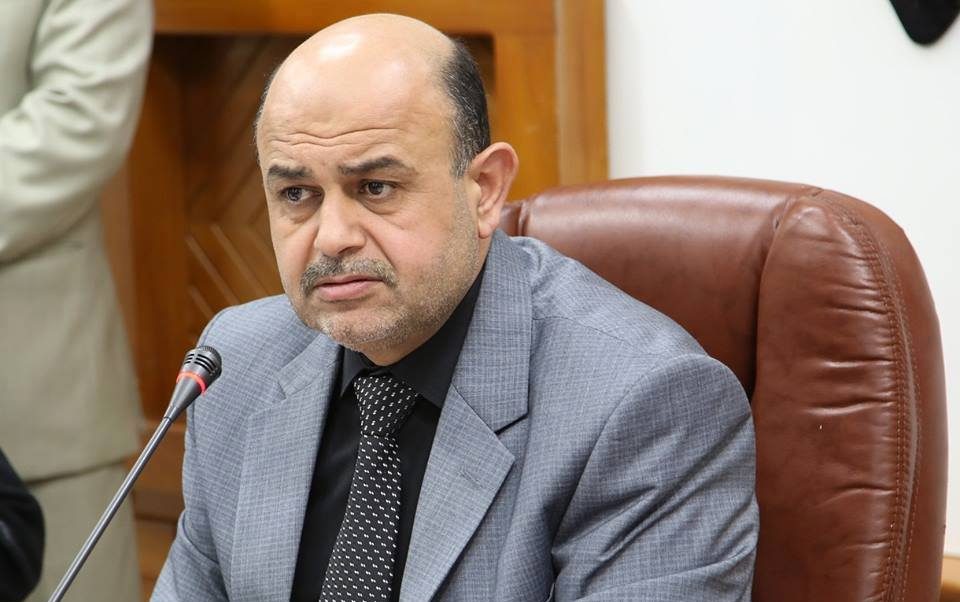
Basra Governor Majid Mahdi Nasravi said in his meeting with the supreme leader’s representative that due to the strong trade and economic relations between Basra and Ahwaz, there is a good chance to establish a joint free zone between the two provinces. Nasravi’s statements came during his visit to Ahwaz province to sign economic MOUs with his Iranian counterparts.
Source: Abrar Eghtisadi Newspaper
♦ 19 billion USD Iran’s exports of crude oil
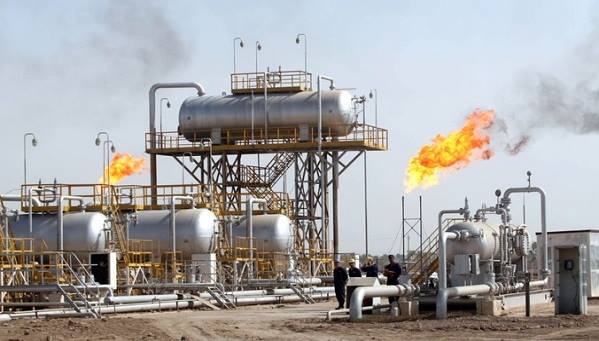
Iran’s oil exports have increased about one million barrels since the nuclear deal signing and lifting of sanctions. On the contrary, the past 200 days witnessed no rise compared with the same period of last year. According to the Iranian National Oil Company, Iran sells two million and 500 barrels of crude oil and liquefied gas per day to the European and Asian markets.
Source: Mehr Agency
♦ Iran and Vietnam to increase trade ties

Iran’s president Hassan Rouhani and his Vietnamese counterpart Chan Dai Quang held talks in Hanoi on issues of mutual interests. During their press conference, the two presidents reviewed ways to foster mutual cooperation, enhance economic ties, and increase trade exchange up to more than two billion USD between the two countries through exporting liquefied gas and petrochemicals from Iran to Vietnam. In addition to that, Rouhani opened the door for the Vietnamese companies to invest in Iran.
Source: ISNA Agency
♦ Naghdi: Iranian people know Germany as the chemical republic
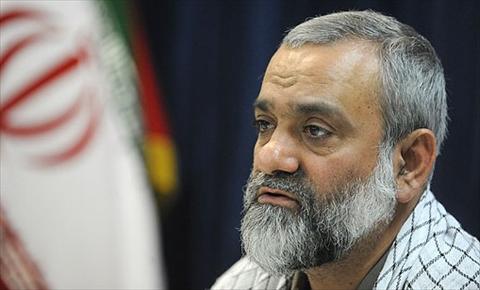
Basij forces leader, Naghdi said that the Iranian people know Germany as the chemical republic, referring to the German interference in the Iranian affairs. He added that all countries helped Saddam Hussein during the war, but the worst were Germany and the United States because they provided Iraq with chemical weapons, which made the Iranian people know Germany as the chemical republic.
Naghdi continued, “The Iranian people sacrificed their lives and stood firmly during the holy war and afforded may martyrs in Karbala, Kurdistan, and in the other wars against tyranny.”
Source: Asr Iran Website
♦ Minister of Intelligence clarifies the thwart of terrorist attacks during Jum’a prayer in Tehran
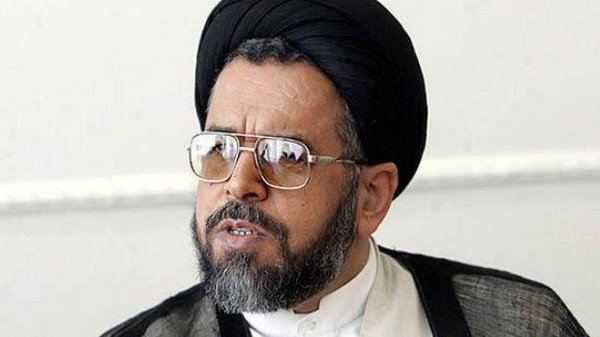
Iran’s Minister of intelligence, Saied Mahmoud Alawi said that the report of Secretary General of the Expediency Discernment Council, Muhsin Rizai concerning the ISIS attacks during Jum’a prayer in Tehran was prepared about events of last year and denied the information about attacks to happen this year.
Source: Etilaat Newspaper
♦ 12 armed individuals killed in West Iran
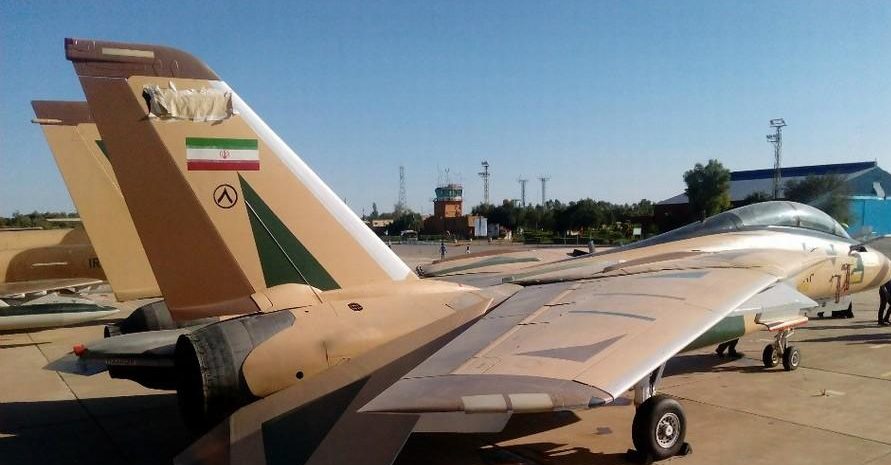
Iran’s ground forces’ airplane commander in Kermanshah, Brigadier Yusuf Qurbani announced that his forces have killed 12 armed members in West Iran after the call of Najaf Base, adding that the terrorist cell was trying to launch terrorist attacks in the country but the Iranian forces have frustrated the attempts and killed the terrorists, as he claimed.
Source: Etilaat Newspaper
♦ Salehi: The biggest part of sanctions has been repealed
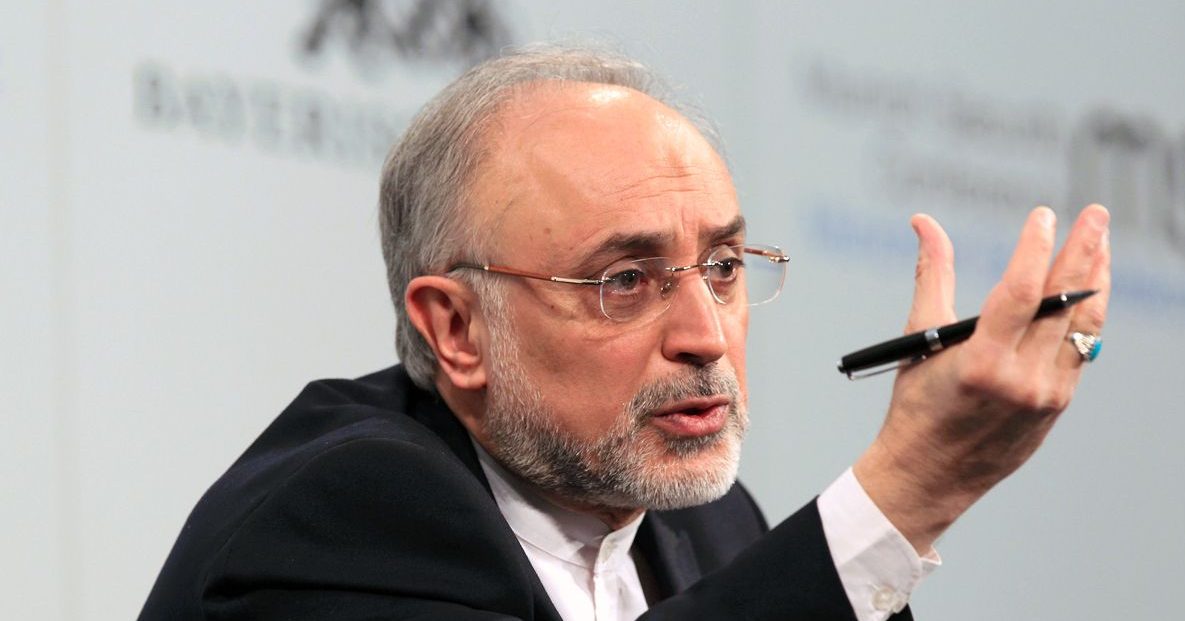
President of the Iranian Atomic Energy Agency, Ali Akbar Salehi said that he is optimistic about the nuclear deal, adding that the biggest part of sanctions has been repealed. In his interview with the Austrian newspaper “Winner Saitong,” Salehi said that Iran is on the right track but the West has to fulfill their commitments to the nuclear deal, asserting that the biggest part of sanctions has been repealed and only small parts of them are still imposed on Iran.
Source: Afarinsh Newspaper
♦ White Marriage; a result of the rise of age of marriage

Muhsin Ashori; specialist in diseases said that according to psychologists, the best marriageable age among girls is between 18-24 years old, and 24-28 among males, asserting that the rise of age of marriage leads to social problems such as “White Marriage” that has resulted from the decline of the low marriage rates and the rise of the marriageable age in Iran, which makes young people free of any responsibilities.
Hussein Ja’fari, the expert in family affairs also said that the Iranian people’s standards align with the Western standards that incline to low birth rates, noting that the average marriageable age in Iran for girls is 28 years old while for boys is more than 33, which worries all concerned about the future of the country.
Source: ISNA Agency
♦ Decisive response against publishers of Mariam Rajavi’s picture
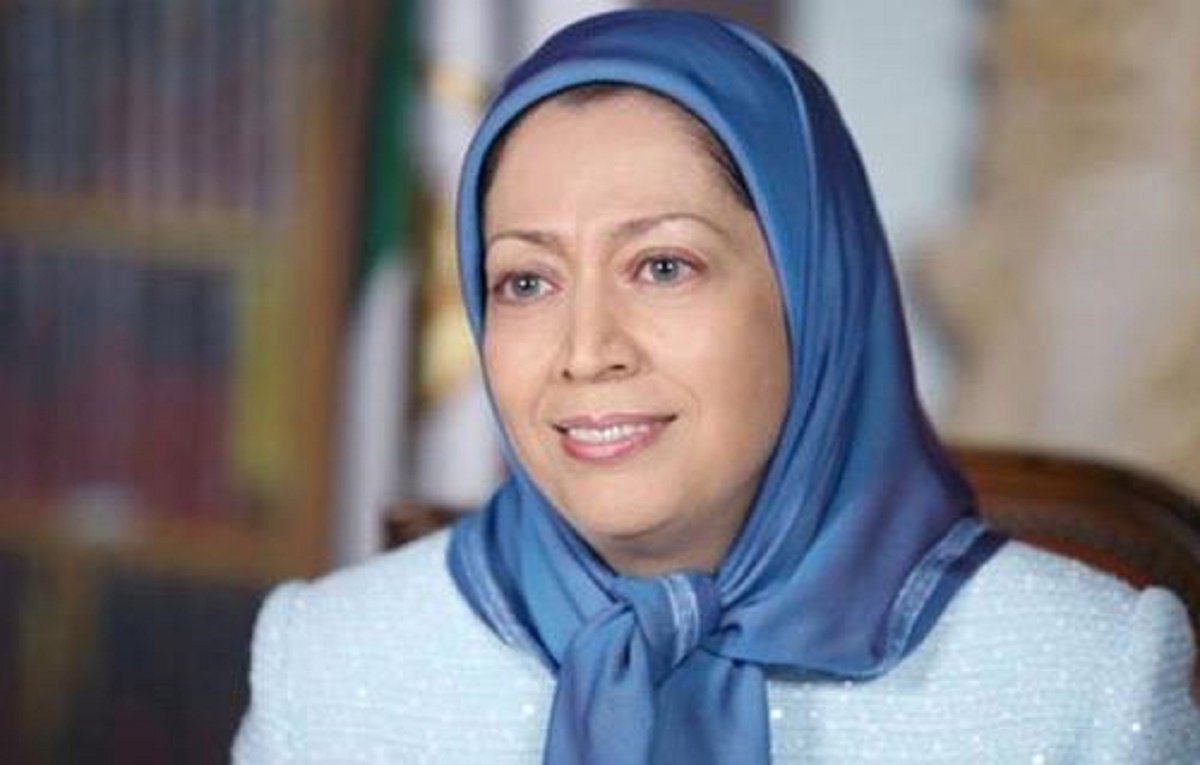
Supreme Leader’s representative in Shareef University, Habib Mohammed Nejad said that he is not familiar with the issue of publishing the picture of Rajavi, the leader in Mujahidi Khalq, in the university yearbook, asserting that if the picture was published on purpose, there will be a decisive action against the wrongdoers.
Source: Jam-e-Jam Newspaper
♦ Hussein Faridoun complains about a parliamentary representative
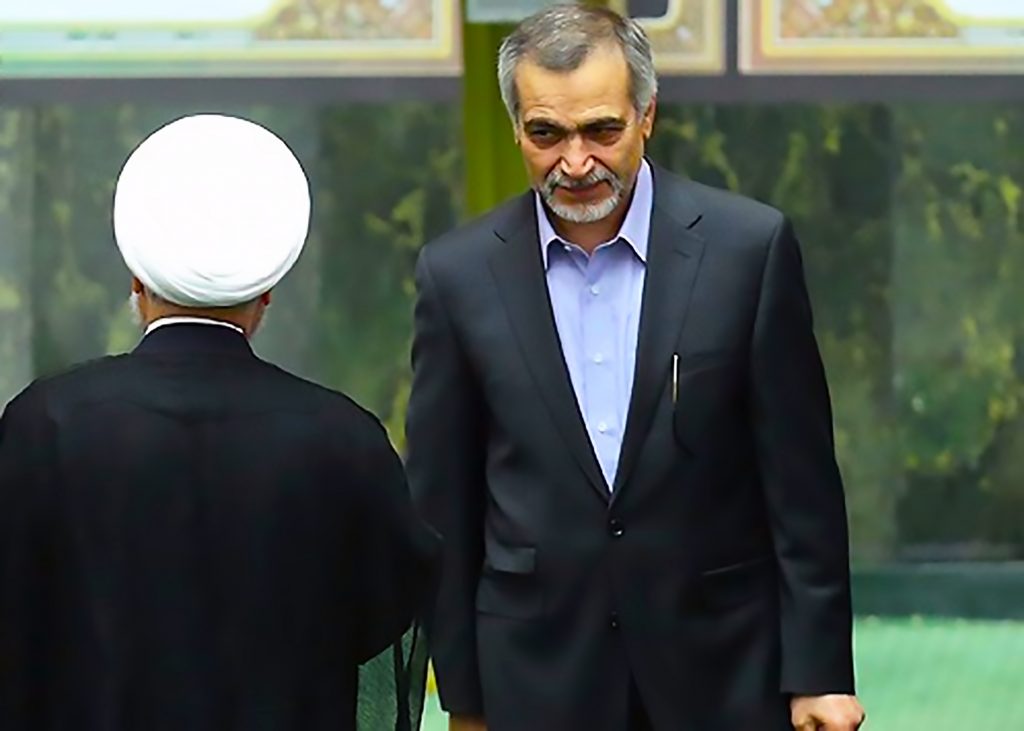
Spokesperson of the supervisory commission on the behaviors of the Iranian MPs, Mohammad Javad Jamali, stated that the president’s brother and his Special Assistant, Hussein Faridoun has claimed an MP to the supervisory commission on representatives’ behaviors, stating that MP Mohammed Hussein Dojani has made offensive accusations against him. Jamali added that the commission has launched preliminary investigation and will call the MP for a session at the commission to find out all the facts about this issue.
Source: IRNA Agency
